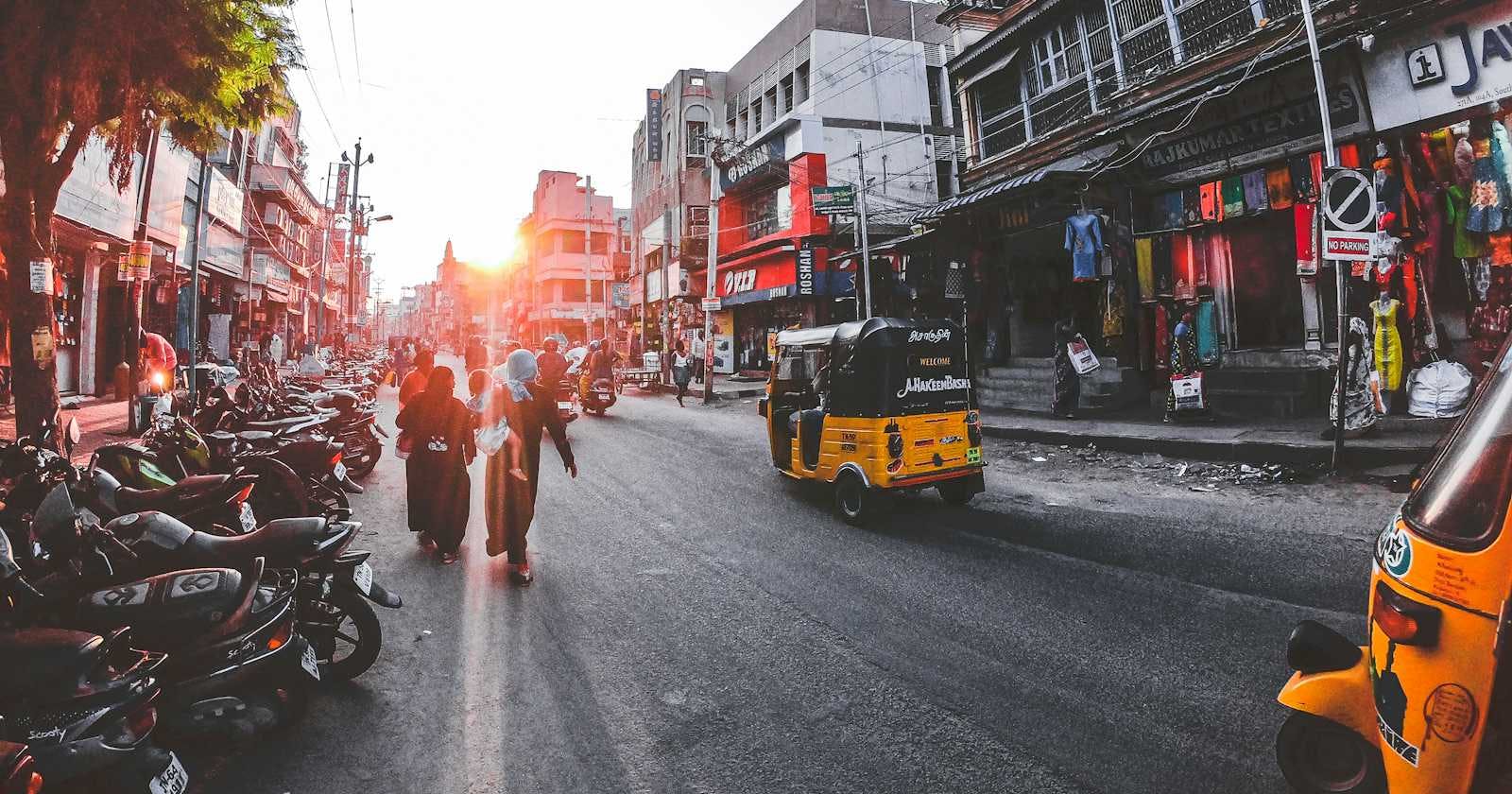India's vast road network, crucial for its economic growth, faces challenges like congestion, safety hazards, and inefficient maintenance. Fortunately, Artificial Intelligence (AI) is emerging as a game-changer, promising a smarter and safer future for Indian roads.
The Need for Transformation:
India has the world's second-largest road network, but safety remains a major concern. According to the Ministry of Road Transport and Highways, road accidents claim over 1.5 lakh lives annually. Additionally, traffic congestion costs the nation billions of dollars in lost productivity. Traditional methods of management are struggling to keep pace with the growing demands.
AI to the Rescue: A Multifaceted Approach
AI offers a multi-pronged attack on these challenges, transforming Indian roads in several ways:
Enhanced Traffic Management: AI-powered systems analyze real-time traffic data from cameras and sensors. This allows for dynamic traffic signal adjustments, optimizing flow and reducing congestion. Additionally, AI can predict traffic patterns and suggest alternate routes, empowering drivers to make informed decisions.
Improved Road Safety: AI algorithms can analyze traffic patterns to identify accident-prone zones. Predictive maintenance, enabled by AI analysis of sensor data on road surfaces, can prevent potholes and cracks from developing. Furthermore, AI-powered driver assistance systems can warn drivers of potential hazards and even take corrective actions in critical situations.
Automated Enforcement: AI-powered cameras can accurately detect traffic violations like over-speeding, red light jumping, and improper lane usage. This not only deters reckless driving but also generates crucial data for further analysis of accident patterns.
Smarter Infrastructure Development: AI can analyze vast datasets to identify optimal routes for new roads and predict future traffic patterns, ensuring infrastructure development aligns with long-term needs. Additionally, AI-powered tools can optimize construction processes, reducing costs and timelines.
Examples Leading the Way:
Several initiatives showcase the power of AI in action:
iRASTE (Intelligent Solutions for Road Safety Through Technology and Engineering): This pilot project in Nagpur uses AI to identify potential accident zones and alert drivers. It also explores collision avoidance technology for public buses.
AI-powered Traffic Management Systems: Cities like Goa are implementing AI-based systems to automate traffic violation detection and enforcement, leading to safer roads.
Challenges and the Road Ahead:
While AI holds immense potential, there are challenges to overcome:
Data Infrastructure: Effective AI solutions require robust data collection and management systems. Building a strong data infrastructure across India's vast road network is crucial.
Privacy Concerns: Data collection for AI systems raises privacy concerns. Clear frameworks are needed to ensure responsible data use.
Integration and Standardization: Standardized protocols are necessary to ensure seamless integration of AI solutions across different regions and agencies.
Conclusion: A Collaborative Future
The Indian government, along with private companies and research institutions, needs to work collaboratively to address these challenges and unlock the full potential of AI for Indian roads. By fostering innovation, creating a robust data infrastructure, and addressing privacy concerns, India can pave the way for a future where AI transforms its roads into safe, efficient, and intelligent arteries of progress.
This shift will not only save lives but also unlock economic opportunities, making Indian roads a true symbol of the nation's technological advancement.


